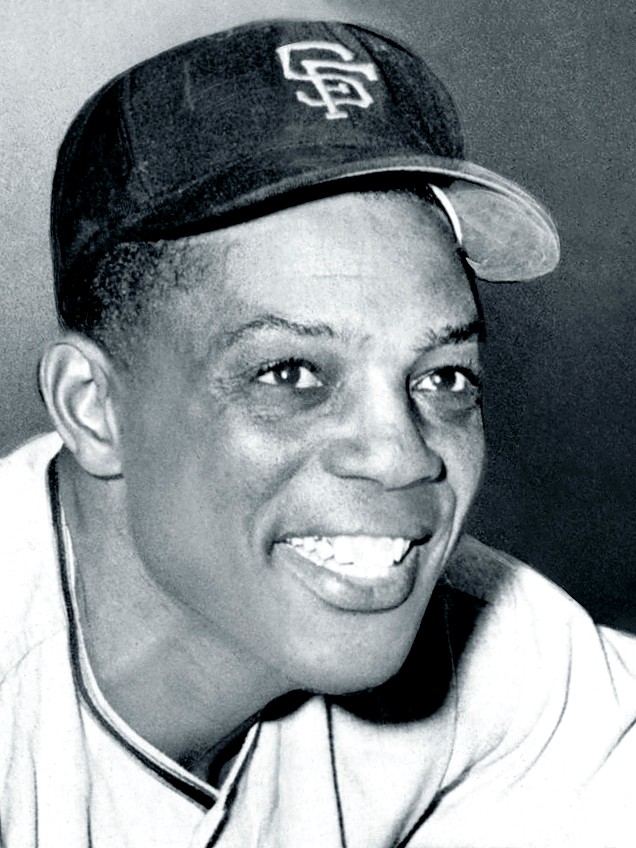RIP, Yankees favorite legend passed away

Relentlessly considered as one of the greatest players in baseball history, Willie Mays passed away on Tuesday at the age of ninety-three.
1948 saw Mays start his professional career at the age of 17 with the Negro American League’s Birmingham Black Barons. Even though a few Black players had been allowed into the major leagues a few years earlier, the Red Sox and Yankees were among the teams scouting Mays in the late 1940s, but they had no intention of signing him due to their pervasive prejudice.
Picture Ted Williams and Mays sharing an outfield (and lineup) for over ten years. Birmingham’s desire to work with the Red Sox was further soured by Boston’s mistreatment of one of Mays’s teammates, who they signed in an effort to gain more access to Mays and cut when that tactic failed.

In 1950, Mays signed up with the Giants organization. Due to military duty, Mays missed the 1953 season. However, he returned to the Giants and lit up the National League, helping the team win a World Series and earning the MVP award at the age of 23. In addition to leading the NL in triples (13), OPS (1.078), and OPS+ (175, which he only exceeded once in his career (185 in 1965), Mays also led both leagues in hitting (.345) and slugging (.667).
Mays never placed lower than sixth in the NL MVP voting from 1957 to 1966: fourth, second, sixth, third, second, fifth, sixth, first, third.
Several details from the aforementioned mlb.com link:
Mays was the first player to reach 20 home runs or more in 17 different seasons (1954–1970).

Mays is still the major league leader in extra-inning home runs (22) and putouts by an outfielder (7,095).
He participated in twelve All-Star Games and has or shares the following records: runs (20), hits (23), triples (3), extra-base hits (8), total bases (40), appearances (24), at-bats (75), and triples (3). (Hank Aaron participated in 25 ASG games, and Stan Musial played in 24. The fact that there were two All-Star Games in 1959, 1960, 1961, and 1962 benefited all three of them.)
Despite being voted to the Hall of Fame on the first try in 1979, 23 out of 432 voters (5.3%) did not cast a ballot for Mays.


